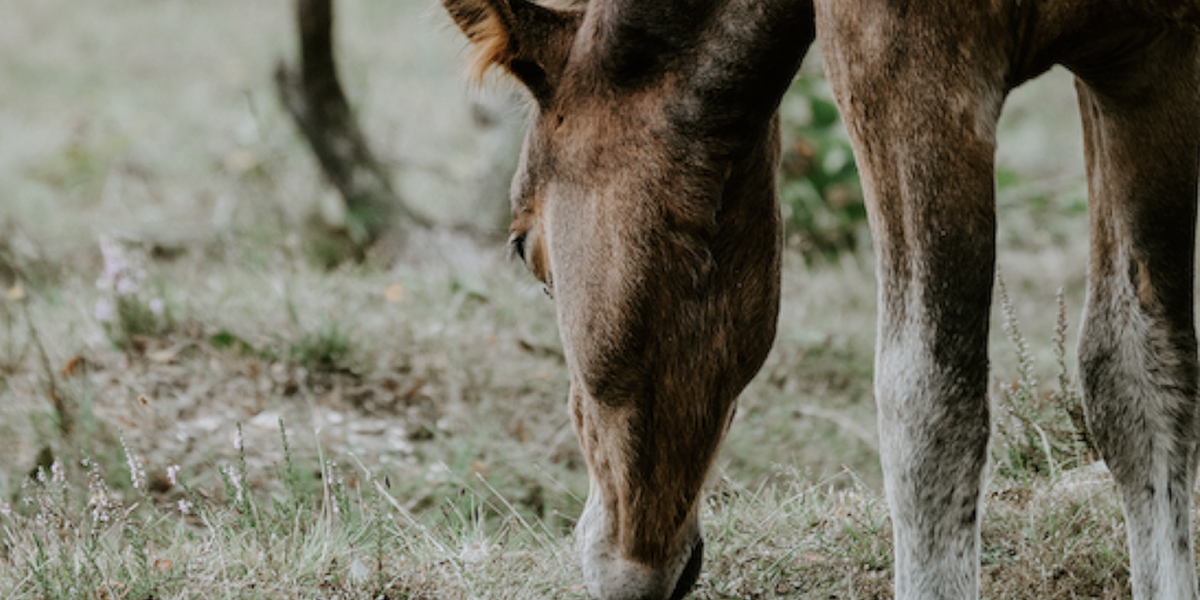Bouncing back
Ryker made a full recovery in the NICU, just days after being born.

Ryker made a full recovery in the NICU, just days after being born.
Veterinary care was designated an essential service early on in the COVID-19 pandemic. For Ryker, a 3-day-old Arabian foal, this was a life-saving decision. On April 4, in the midst of Minnesota’s stay-at-home order, Ryker started showing signs of being severely depressed and anemic. Declining rapidly with a suspected case of neonatal isoerythrolysis (NI), Ryker’s veterinarian referred him to the new neonatal intensive care unit (NICU) at the Piper Equine Hospital for emergency assessment and care.
NI is a rare, yet potentially fatal blood condition where the mother’s antibodies in the colostrum attack the newborn foal’s red blood cells. This occurs when the foal's blood type differs from the mare and can result in severe anemia, jaundice, and weakness. In Ryker’s case, the best chance for a positive outcome included specialty internal medicine care, including advanced laboratory testing and therapies and a blood transfusion, which was provided by Anna Firshman, BVSc, PhD, DACVIM; Lauren Hughes, DVM; and Erin Elder, DVM, as well as skilled, round the clock, nursing care from the NICU team.
“Ryker was very unwell when he arrived that night, and we were worried about him,” says Firshman. “He turned around quickly with his treatment and began to show us some of his character the next day. He was a super patient and we were delighted to help send him home happy and healthy.”
Thanks to the outstanding support and care that Ryker received in the NICU, he recovered fully with no lifelong side effects. While it is possible that his dam, Bella, may have more foals with NI in the future, this can be prevented with careful planning.
“Not being able to go in and see my unwell horse because of COVID-19–related protocols was really hard. But [the veterinary team] was really great. I got updates twice a day from his doctor, and they sent me videos and photos,” says owner Amanda Solie, DVM. “He wouldn’t have pulled through if he hadn’t gone to the U.”
Ryker is now at a training facility to learn the ropes of being a halter show horse, with hopes of eventually being a performance horse once he’s older. “He’s big and he’s strong,” said Solie. “You would never know he almost died.”